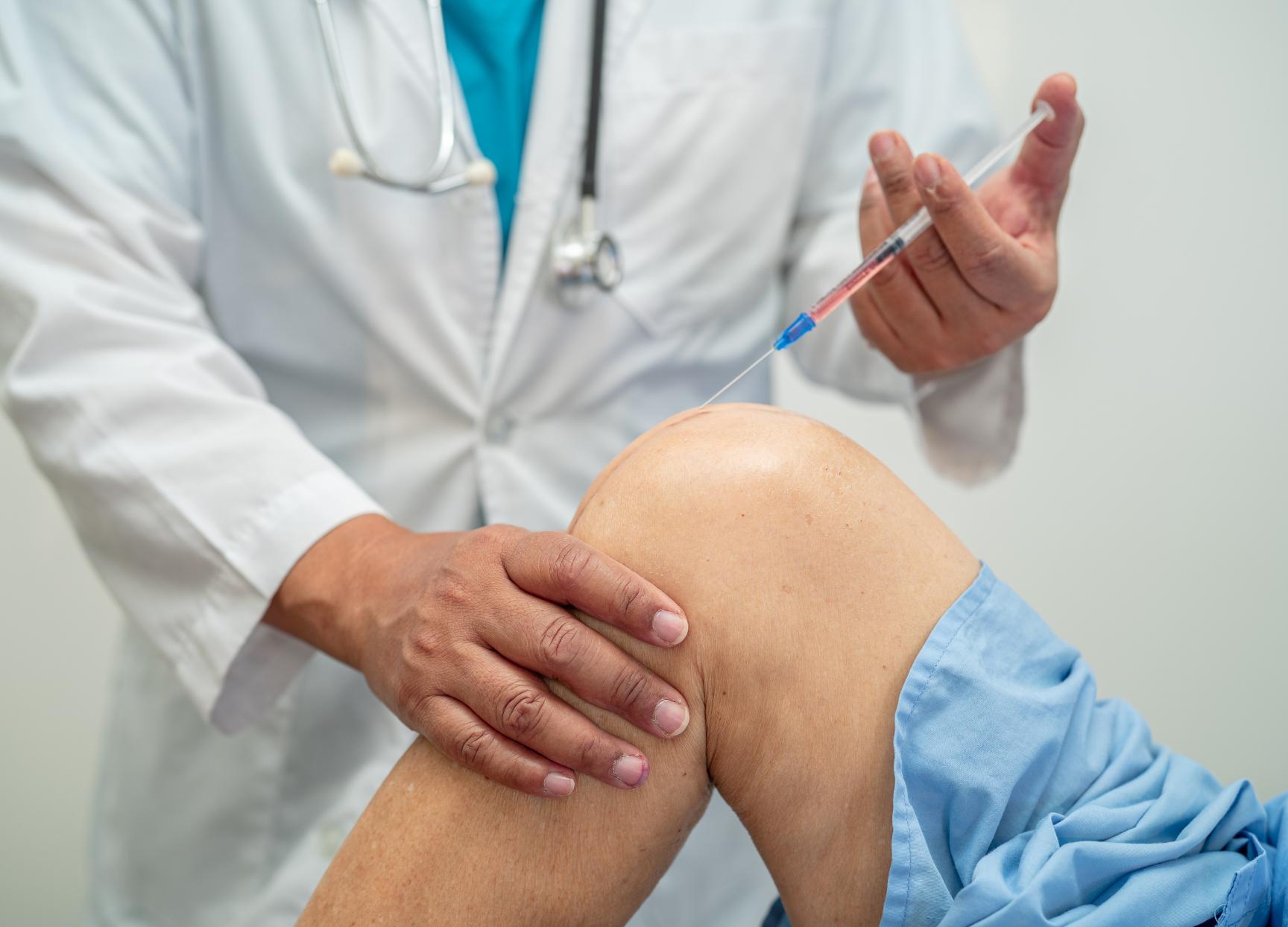This service or treatment is generally covered by most health insurance policies. You are responsible for checking your insurance policy cover, and you may need a referral letter. Check which insurance companies are covered.
To book a PRP injection, you must be referred by either your GP or a specialist following a consultation with them. Self-referrals are not accepted for this test.
If you would like to schedule a consultation with a specialist, please get in touch to make an appointment. Your health is important to us, so we strive to offer same-day appointments whenever possible.
Our consultants are recognised by the major health insurance companies. If you have private health insurance, your treatment at OneWelbeck can begin once you have obtained authorisation. We also provide care to self-paying patients. Learn more about the different payment options at OneWelbeck.






